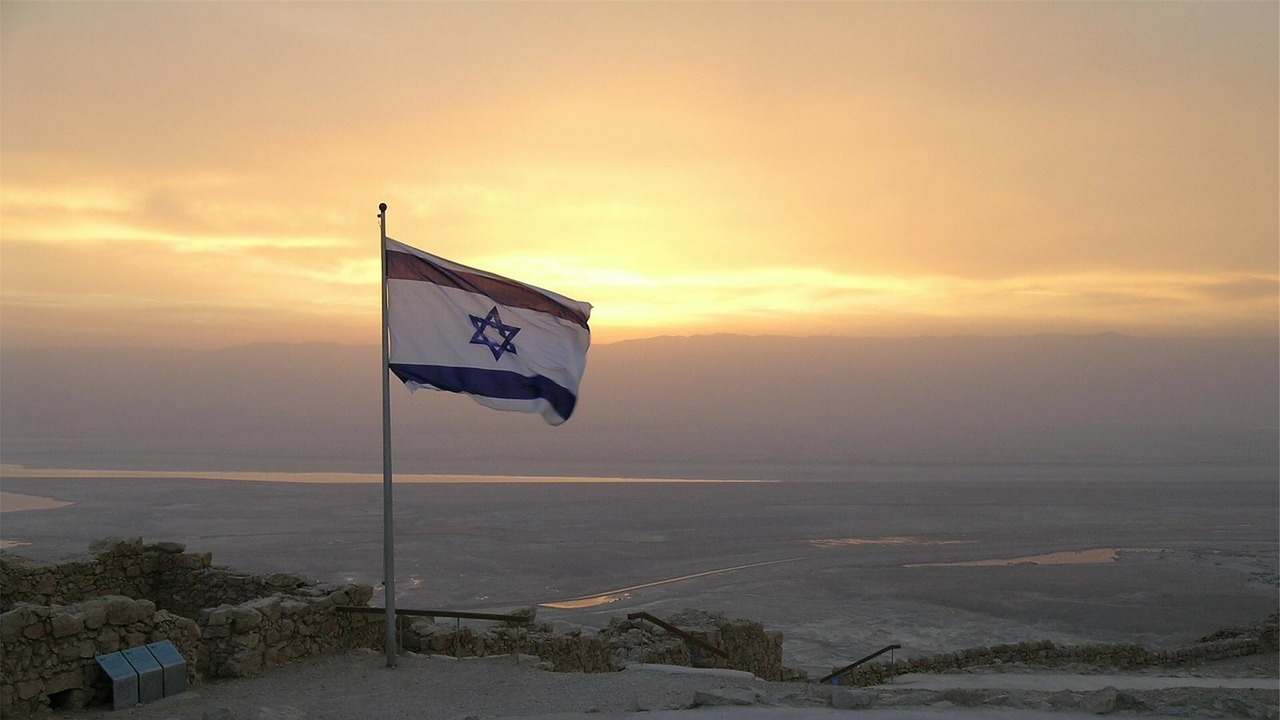Israel is a hotbed of emerging companies in the innovation sector, a fever for technological entrepreneurship that spreads from Tel Aviv to Jerusalem. Innovation strengthens ties between Israel and China.
“Here, one in two people has a startup and a music group,” says Gal Abdu, a Tel Aviv guide. A statistic that, although improvised, is not far from the vibrant economic reality of Israel and its more than 6,500 emerging companies. In the self-proclaimed ‘startup nation’ it is usual to chain one business project with another, thanks to the ‘chutzpah’ (audacity) that, they say, characterizes its entrepreneurs.
Of this legion of those who present themselves as serial entrepreneurs, an important part is dedicated to technological innovation, a sector that last year alone raised 5,242 million dollars in investments. Israel has proposed to become the Silicon Valley of the Middle East and does not skimp on this bet. It prides itself on being one of the countries that invest the most in R & D in the world, 4.3% of its GDP, according to its Ministry of Foreign In comparison, EU countries spend on average 2% and Spain, just 1.2%.
“When you hold a smartphone, you have a piece of Israel in your hand,” Benjamin Netanyahu said at the opening of his Innovation Summit in October, held as part of the celebrations for the 70th anniversary of the State of Israel. A myriad of applications of Israeli invoice is downloaded every day on devices around the world. One of the most famous examples is Waze, used daily by 100 million drivers to get their bearings on the road. Today it belongs to Google that was acquired in 2013 for 966 million dollars.
Arab entrepreneurship
Further north, Haifa claims to be the cradle of the startup nation. In addition to the famous hanging gardens of Mount Carmel, the city is home to one of Israel’s most respected academic institutions, the Technion Institute, whose graduates have illuminated more than 1,600 companies and inventions as universal as the pen-drive. Robotic spine surgery and the PillCam a tablet with an integrated nanocamera that replaces the traditional colonoscopy also came out of here.
Two years ago, a devastating fire destroyed entire neighborhoods of this port enclave. To avoid future catastrophes, two veterans of the army created Suricata, a startup that uses military technology to prevent forest fires. It is done by using a sensor system inspired by the detection of missiles. Its development was sponsored by Start-In-Haifa, one of the many ‘incubators’ and ‘accelerators’ for new companies that proliferate in Israel.
“We provide everything they need to get started,” explains its co-founder, Eran Alfonte. The services provided by Start-In-Haifa to incipient companies also include space for offices and an extensive network of contacts, from which up to a third of Haifa’s startups have benefited.
But not all inhabitants participate equally in the undeniable Israeli business boom. “Although 20% of the country’s population is Arab, its contribution to GDP is only around 8% and only 0.02% of Arab Israelis are entrepreneurs,” said Fadi Swidan, director of Naztech. This platform based in Nazareth, the city with the largest Arab population of the State. It was born precisely to alleviate this gap, promoting technological companies co-founded by Arabs and Jews. The idea, explains Swidan is to create a ‘high tech’ sector in Nazareth that attracts investment and the financial sector. The ultimate goal, it abounds is to change the rules of the game and open up the business ecosystem to the Arab population, which runs into more obstacles to undertake than its Jewish fellow citizens.
In six years, Naztech has given the initial boost to 70 startups. Its venture capital, says Swidan, comes mainly from Arab countries, such as Qatar or Saudi Arabia. Often, he admits, companies prefer to omit their Israeli origin so as not to scare off this investment. And the enthusiasm for high-tech ‘brand Israel’ for now is not reflected among its neighbors in the Middle East with which the startup nation is still engaged in perennial tensions.

